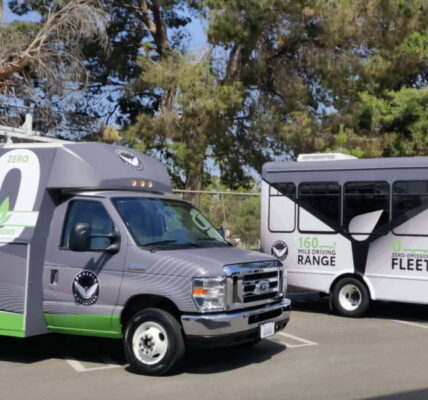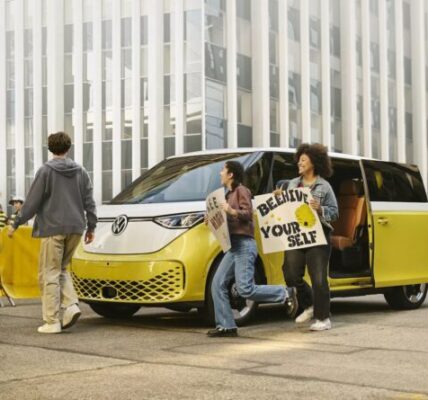The price of high-end electric vehicles could be dramatically reduced for Australian drivers as a result of trade negotiations with the European Union as the federal government mulls slashing the controversial luxury car tax or potentially scrapping it entirely for low-emissions vehicles.
The 33 per cent tax, which is applied based on the vehicle price, including the goods and services tax and dealer delivery charges above a threshold, has long been a bug-bear of European carmakers as no other imported luxury goods are treated the same way.
The automotive industry and EV advocates have long argued that many popular electric models are subject to this tax, hindering their access to the Australian market.
Trade Minister Don Farrell, in Europe this week to advance the Australia-European Union trade pact, said the tax had been part of the EU’s list of demands as well as the much-publicised requests for reduced use of protected products such as Parmesan and Prosecco by local producers.
The threshold for fuel-efficient cars – vehicles with fuel economy numbers below 7.0 litres per 100 kilometres – and EVs has been raised a handful of times during the past few years and will be lifted again from July 1, moving from $84,916 to $89,332. The threshold for standard petrol and diesel cars will be lifted from $71,849 to $76,950.
“One option for us to consider is to lift that ceiling for electric vehicles,” Farrell said. “So that’s one area where I think we’re prepared to have some realistic discussions with the Europeans.”
Several tax reviews commissioned by the federal government over the past decade have recommended its abolition, with automotive groups arguing its elimination would ultimately benefit not only EU manufacturers but Australian consumers as well. However, the tax generates more than $700 million annually for the government’s coffers.
Farrell has warned the EU that he will not sign off on a trade deal unless the bloc opens its market to better access for Australian beef, lamb and wine — with the EU offer on beef not being “ambitious” enough amid domestic sensitivities from farmers.
Both parties have confirmed the agreement – which is still to be finalised because of a major divide on the level of access to agriculture products that either government is willing to accept – will include legally enforceable commitments on climate measures, gender equality, environment and labour standards and potential suspension of trade benefits if one of the parties breaches the Paris climate accords or the principles of the International Labour Organisation.
For the first time in a trade deal, Australia has agreed to include legally binding commitments to effectively implement the obligations of international conventions on gender equality and women’s rights and the elimination of discrimination in employment.
European Commission executive vice president Valdis Dombrovskis said a trade deal delivering win-win outcomes across the board was the “next logical step” in the partnership and, should the conditions be right, he hoped to conclude our negotiations in July.
“We are now approaching the endgame in our negotiations,” he said.
“This inevitably means the most difficult political issues are up for discussion such as agriculture and intellectual property. Negotiations are tough and detailed, as they should be.”
Several members of the European Parliament are still concerned by Australia’s low-level climate ambitions and road maps to meet its 2030 climate targets and would like the deal to push for further action.
Green MEP Sara Matthieu said placing hopes on carbon capture and storage and feeding seaweed to cattle was not a legitimate way to hit climate targets.
“We expect more climate ambition than what is currently on the table,” she said .
“This puts a lot of pressure on the Australian negotiators.”








